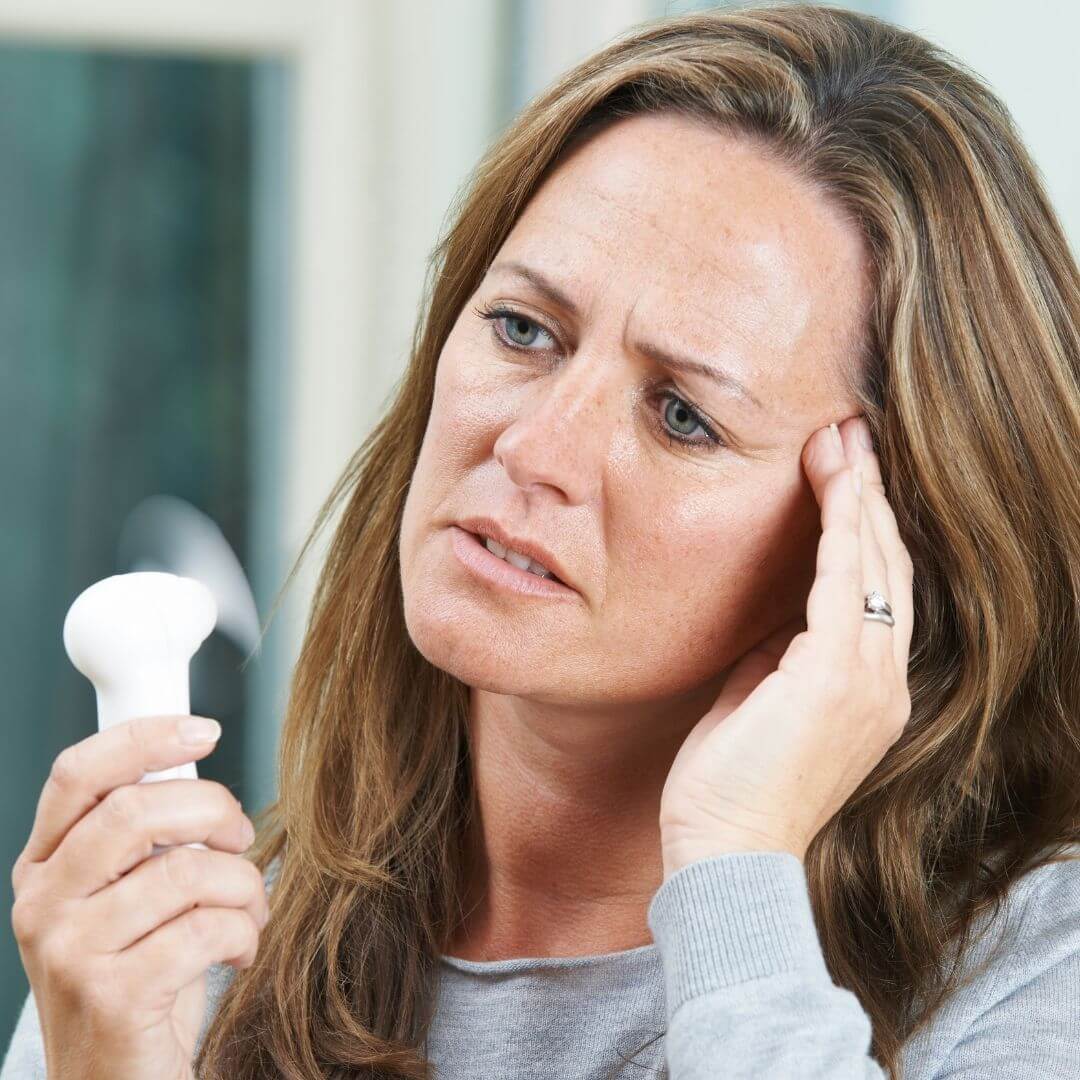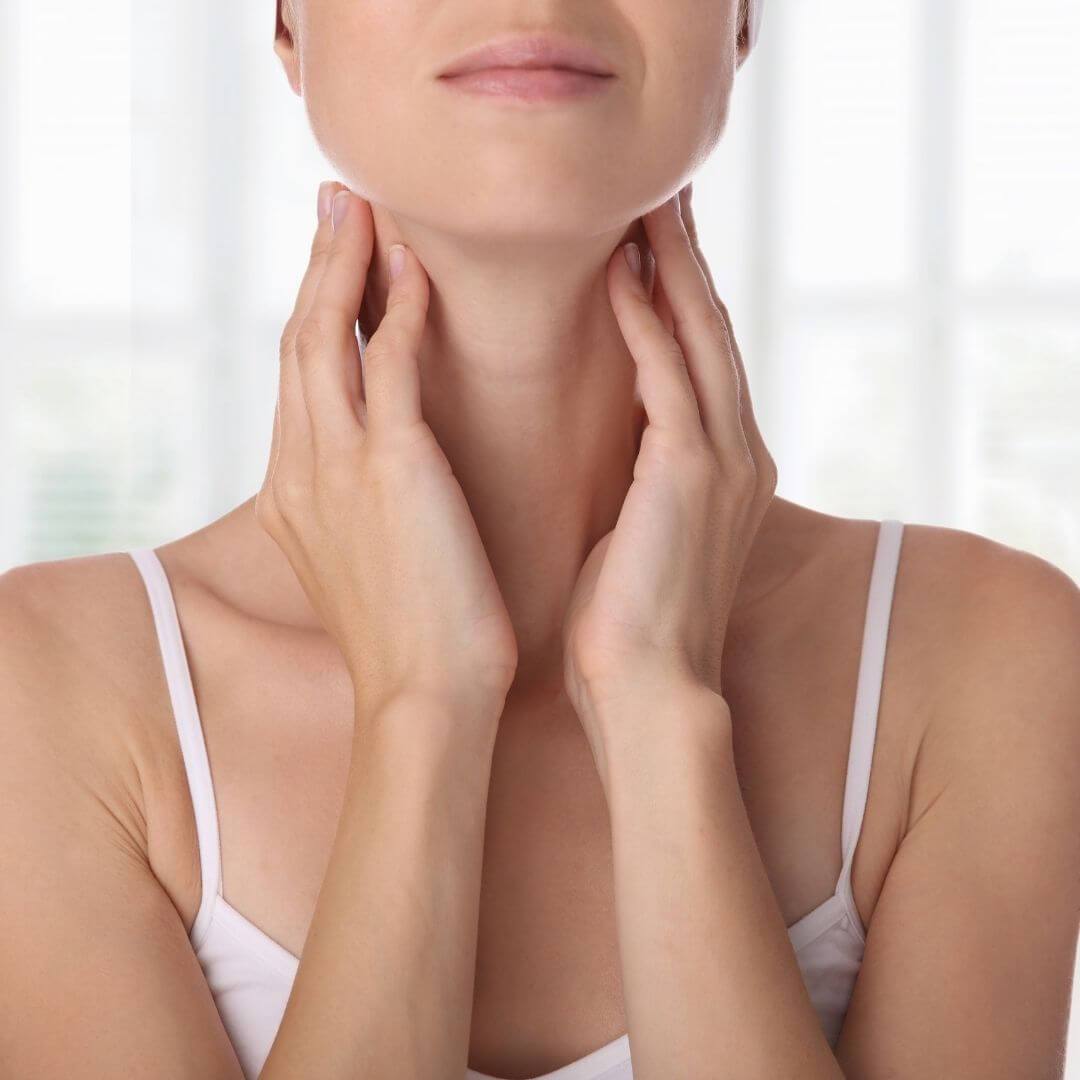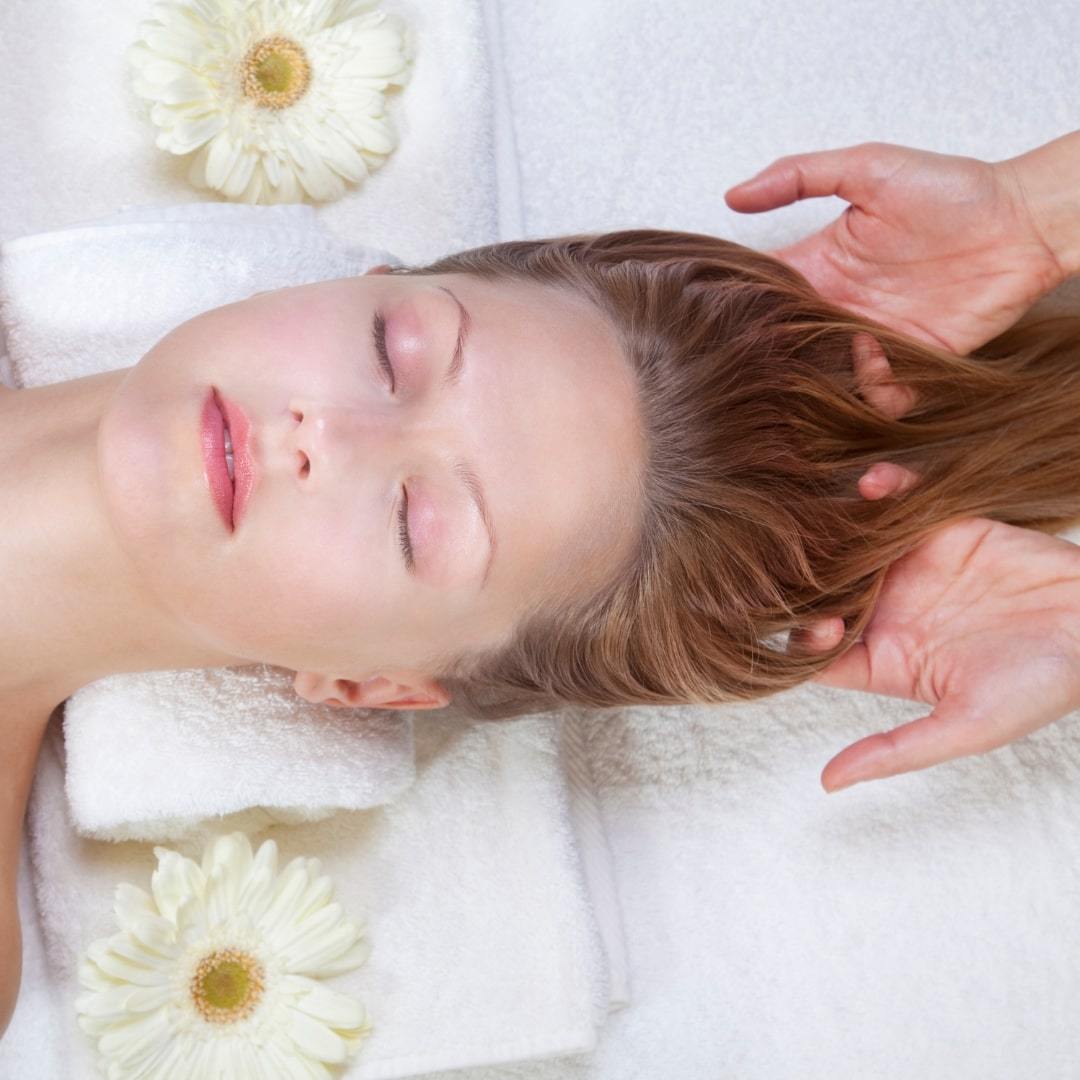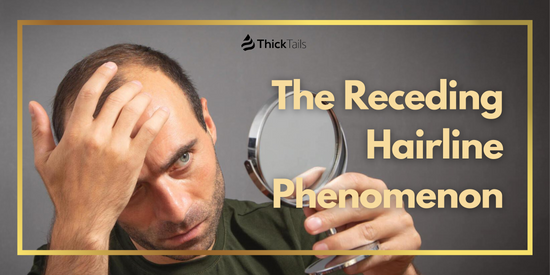Hair has always been a defining feature of beauty and virility. However, receding hairlines have been a common concern for men, with various contributors from genetics to lifestyle. This blog post is aimed at men, particularly those who are noticing the signs of a receding hairline and want to take proactive steps to prevent further hair loss and maintain their mane's health.
Understanding the Causes of Receding Hairline

Before we explore the lifestyle changes that might help stop hair from heading south, it's essential to recognize the multiple factors that contribute to a receding hairline.
Primarily, genetics play a significant role in hair loss among men, predetermined by family history. However, lifestyle factors such as stress, poor nutrition, and inadequate hair care can also exacerbate a receding hairline. Recognizing these causes is pivotal in formulating an effective strategy to combat hair loss and preserve your hair's health.
Genetic Factors: The Role of Genetics in Hair Loss
Genes play a significant role in the state of our hair. Hereditary-pattern baldness, also known as androgenetic alopecia, is responsible for most cases of receding hairlines in men. Genes can determine the sensitivity of hair follicles to certain hormones, ultimately leading to hair fall.
Men dealing with androgenetic alopecia often notice the first signs of hair loss during their late teens to early twenties. Despite being a common issue, it affects men’s confidence and self-image, turning the management of a receding hairline into a priority for many. Addressing hair loss effectively requires a comprehensive approach, considering both genetic predispositions and lifestyle impacts.
Hormonal Changes: How Hormones Can Impact Hairline Recession
Hormonal changes, particularly an increase in dihydrotestosterone (DHT) levels, can cause hair follicles to shrink in those with a genetic predisposition, resulting in shorter and finer hair until it stops altogether.
This process often leads to what is commonly referred to as a receding hairline in men. Understanding and managing DHT levels can be a crucial step in addressing hair loss effectively. Fortunately, various treatments and lifestyle changes can help mitigate the impact of hormonal fluctuations on a receding hairline, offering hope to many men facing this challenge.
Lifestyle Factors: Identifying Habits That Contribute to Hair Loss
Lifestyle can greatly affect the rate and degree of hair loss. Poor diet, high stress, and inadequate hair care can contribute to the progression of the receding hairline.
Lifestyle can greatly affect the rate and degree of hair loss. Poor diet, high stress, and inadequate hair care can contribute to the progression of the receding hairline. For men facing hair loss, incorporating a balanced diet and adopting stress management techniques can make a significant difference in preserving their hairline. Additionally, proper hair care routines tailored to maintain scalp health are essential in fighting against a receding hairline, ensuring men can keep their locks for longer.
Effective Lifestyle Changes for Preventing Receding Hairline
Now that we understand the causes, here are the essential lifestyle changes you can make to promote hair health and potentially prevent or delay a receding hairline.
Maintaining a routine that focuses on scalp care and general wellness is crucial for men wanting to combat hair loss and prevent a receding hairline. Incorporating regular exercise, which improves blood circulation to the scalp and hair follicles, and ensuring adequate hydration can play a pivotal role in the health of your hair. Engaging in these practices not only benefits overall well-being but also specifically targets the factors contributing to hair loss in men.
Diet and Nutrition: Foods That Promote Hair Health and Growth
Eating a balanced diet rich in specific nutrients can play a positive role in maintaining healthy hair. Foods high in omega-3 fatty acids, such as salmon and walnuts, can nourish hair follicles. Additionally, biotin, found in foods like eggs, can support the production of keratin, the protein hair is made of.
Stress Management: Techniques for Reducing Stress and Its Impact on Hair
Stress can lead to a condition called telogen effluvium, where significant stress pushes a large number of hair follicles into a resting phase. Practicing stress-reducing activities like meditation, yoga, or even something as simple as taking a walk in nature can significantly reduce this impact on your hairline.
Scalp Care: Tips for Maintaining a Healthy Scalp to Support Hair Growth
A clean and healthy scalp is vital for robust hair. It's important to wash your hair regularly to clear pores of dirt and excess oil that can impede hair growth. Massaging the scalp can increase blood circulation, supplying more oxygen and nutrients to your hair follicles.
Choosing the right shampoo and conditioner is crucial for men dealing with hair loss and a receding hairline. Look for products that are free from harsh chemicals and are specifically formulated to strengthen and thicken hair. Additionally, incorporating a hair serum that targets hair loss can provide the necessary nutrients to support healthy hair growth and combat a receding hairline.
Regular Exercise: How Physical Activity Can Benefit Hair Health
Regular physical activity helps reduce stress, improve blood circulation, and regulate hormones, all of which indirectly contribute to a healthier scalp and thicker hair.
Maintaining Hair Health and Preventing Receding Hairline

Beyond lifestyle changes, there are additional ways to maintain your hair health and potentially prevent receding hairlines.
For men experiencing hair loss or noticing the early signs of a receding hairline, selecting the right shampoo and conditioner, coupled with a potent hair serum, can significantly alter the course of hair thinning. These products, when chosen wisely and used consistently, work synergistically to nourish the scalp, fortify hair strands against breakage, and stimulate growth. It's a practical step in a routine dedicated to combating hair loss and managing a receding hairline, providing men with a proactive way to preserve and enhance their hair's health.
Hair Care Products: Choosing the Right Shampoo, Conditioner, and Styling Products
Opt for shampoos and conditioners designed to strengthen and thicken hair. Look for products with ingredients like biotin, keratin, and saw palmetto that are known to support hair health. When styling, avoid harsh chemicals and hot tools that can damage fragile hair.
Additionally, integrating a quality hair serum into your daily regimen can address hair loss directly at the source, especially for men grappling with a receding hairline. These products are specifically engineered to replenish and rejuvenate weakened hair, making shampoo and conditioner more effective in preserving the hair's vitality. For men facing hair loss, this trio of hair care essentials forms a defensive line against the advance of a receding hairline, offering a comprehensive approach to hair health.
Professional Advice: Consulting a Dermatologist or Trichologist for Personalized Recommendations
If you're noticing a receding hairline, it might be beneficial to consult with a dermatologist or trichologist, a specialist in hair and scalp health. They can provide personalized advice and suggest treatments such as minoxidil or finasteride, which are commonly used to treat hair loss.
Long-Term Hair Health Strategies for Men
Preventing a receding hairline involves long-term commitment and a holistic approach. Incorporating these lifestyle changes can slow down the hair loss process and improve the overall health of your hair.
In a market flooded with products claiming to reverse or prevent hair loss, it's vital to approach the issue with a combination of skepticism and careful consideration. It's always best to consult a professional before making any drastic changes or beginning a new regimen.
Remember, each person's physiology is unique. What works for one person may not work for another. Patience and consistency are key when it comes to addressing hair loss. By adopting a lifestyle that supports hair health, you can take control of your receding hairline and maintain a healthy head of hair for years to come.














